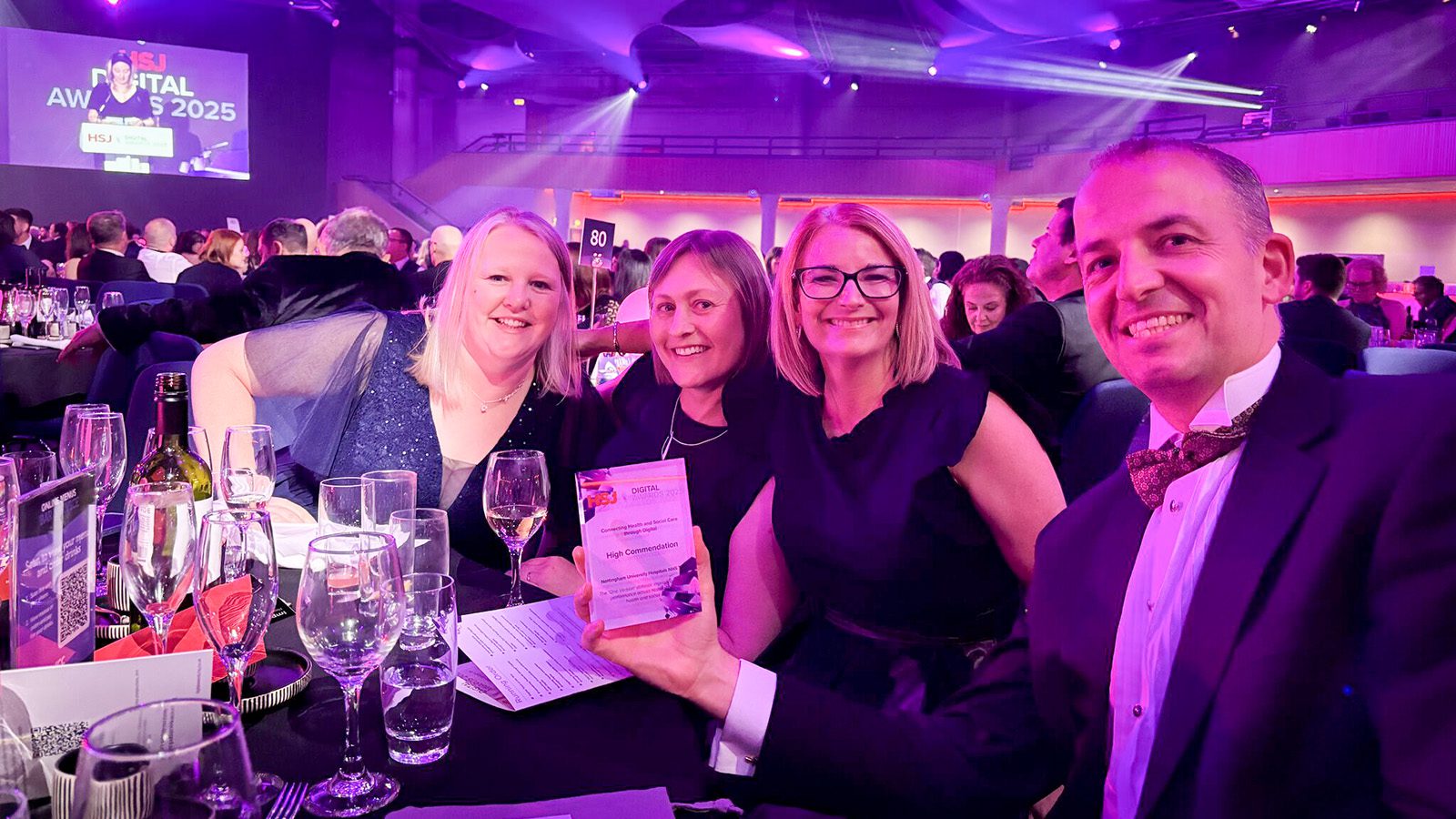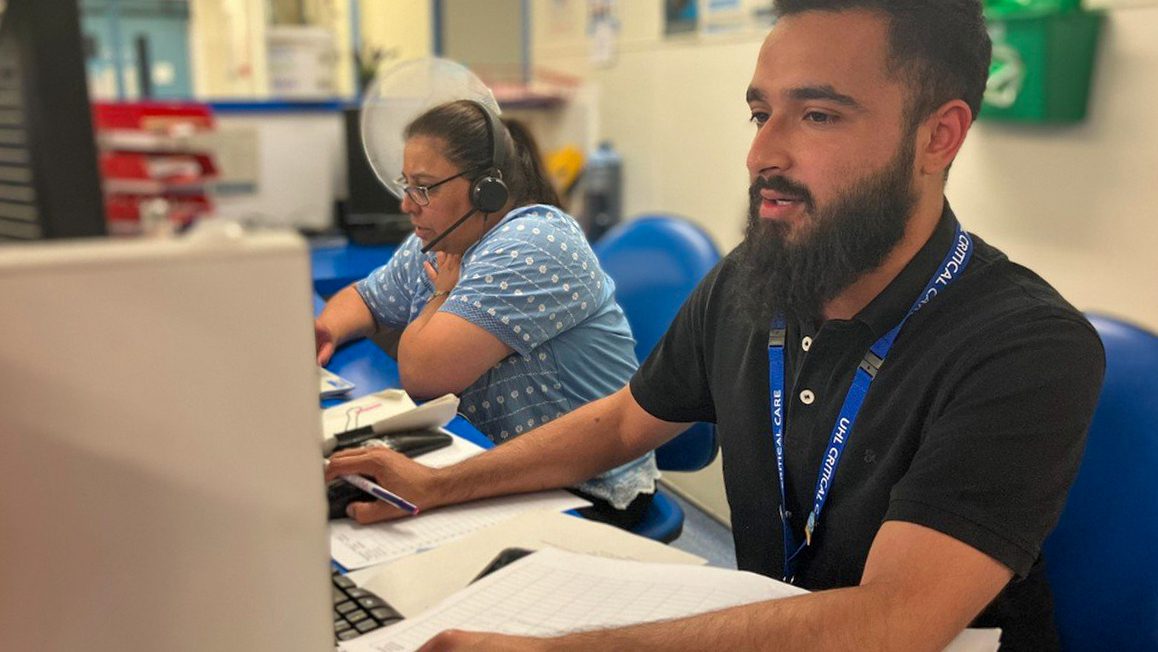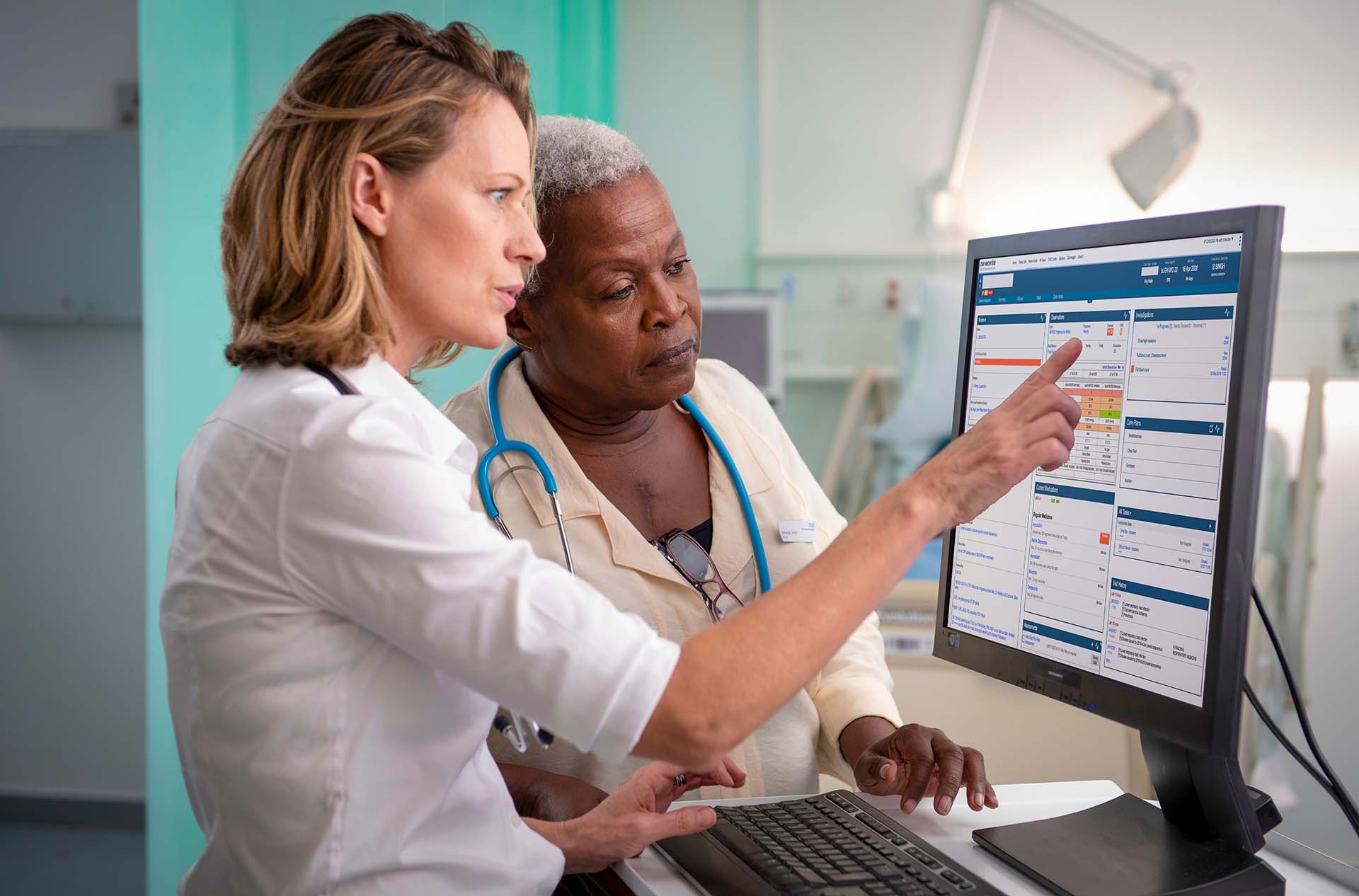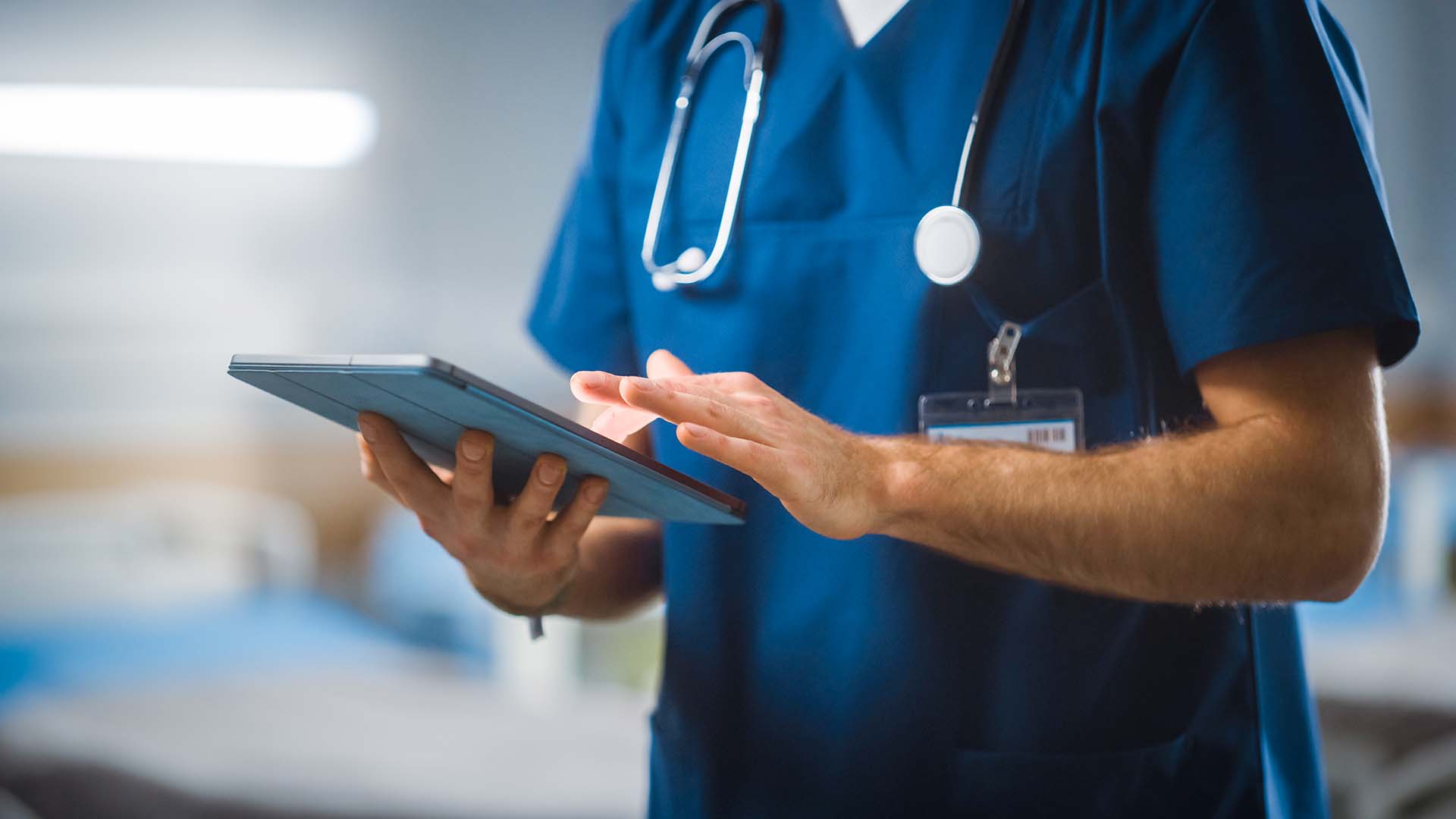Together with customer Nottingham University Hospitals NHS Trust they will present on how technology can improve patient safety
London, UK – 8th May, 2014 – Nervecentre is to sponsor the Patient Safety Congress at the BT Convention Centre in Liverpool on 21-22 May 2014. The company will be exhibiting on stand D14 and presenting the first session of the ‘how technology can improve patient safety’ stream on the 21st May at 14:30.
Supporting them at the event will be Dr Patrick Davies, a consultant in Paediatric Intensive Care at Nottingham University Hospitals NHS Trust (NUH). Dr Davies will be discussing the complexities of early warning scores (PEWS) in children – with particular reference to how NUH has been working with Nervecentre to deploy recording of vital signs and the impact that will have on patient care.
Managing director of Nervecentre, Paul Volkaerts said: “Patrick and the entire Nottingham University Hospitals team have been inspirational in our development of an electronic EWS and PEWS system for the recording of vital signs. Nottingham University Hospital NHS Trust are recognised leaders in ‘Recognise and Rescue’, having recently been shortlisted for the Patient Safety Awards for the second year running.
“NUH originally deployed Nervecentre to address their out-of-hours processes in 2010, a project that was widely acclaimed and has led to similar deployments across the UK. NUH have built upon this platform continuously adding specialist referrals, porterage, and dementia assessments onto the platform, which will be used to deploy electronic capture of vital signs and electronic handover.”
At the event, Nervecentre will also be able to demonstrate the work they are doing with other trusts across the UK, including University Hospitals of Leicester NHS Trust, Hull and East Yorkshire Hospitals NHS Trust, and Maidstone and Tunbridge Wells NHS Trust.
Nervecentre will be showcasing their solutions, which provide clinicians with the ability to record and monitor patient observations via a mobile device. Their key functionality includes sophisticated cascading escalation, with deteriorating patients’ vital signs being relayed to the most appropriate clinician in order for a “recognise and rescue” plan to be put in place. In addition, specialist functions such as Hospital-at-Night, will allow escalations out of hours – ensuring patient care remains consistent 24 hours a day.





